|
ABSTRACT:
The Electron-Ion Collider (EIC) is the next-generation US-based project for QCD and nuclear science. It will collide polarized electrons with polarized protons and light ions, as well as heavier ions across the full mass range, at a high luminosity, over a wide range of c.m. energies. The first detector (ePIC) will support a broad science program, but having two detectors would significantly expand the capabilities of the EIC. The possibility to cross check results between the two detectors will enhance the discovery potential, and as in the case of H1 and ZEUS, combining data could reduce the overall systematic uncertainties. The latter will be even more relevant for the EIC than it was for HERA since once the luminosity ramps up to its nominal value, most EIC measurements will be limited by systematics. And those that require the highest luminosities (e.g., exclusive reactions and femtography of nucleons and nuclei) would greatly benefit from an improved far-forward near-beam acceptance, which is the main feature of the interaction region (IR8) where the 2nd detector could be located. The ability to detect recoiling light nucleus in coherent processes down to pT = 0, as well as almost all nuclear fragments in reactions where the nucleus breaks up (which also can be used to veto breakup in medium and heavy nuclei) will enhance the nuclear part of the EIC program and making it the ideal tool for femtography in the region dominated by sea quarks and gluons. The 2nd detector will also provide complementary capabilities to ePIC in other areas (e.g., improved muon detection), and will benefit from the ongoing Generic EIC Detector R&D program. This seminar will give an introduction to the 2nd detector, with a particular focus on exclusive reactions, and discuss some of the unique opportunities that a 2nd detector could bring to the EIC. |
Nuclear Physics Seminar Tuesday, March 26, 2024 3:30 PM Monroe Hall, Room 134 Note special room. |
To add a speaker, send an email to phys-speakers@Virginia.EDU. Please include the seminar type (e.g. Nuclear Physics Seminars), date, name of the speaker, title of talk, and an abstract (if available).
 Physics at Virginia
Physics at Virginia